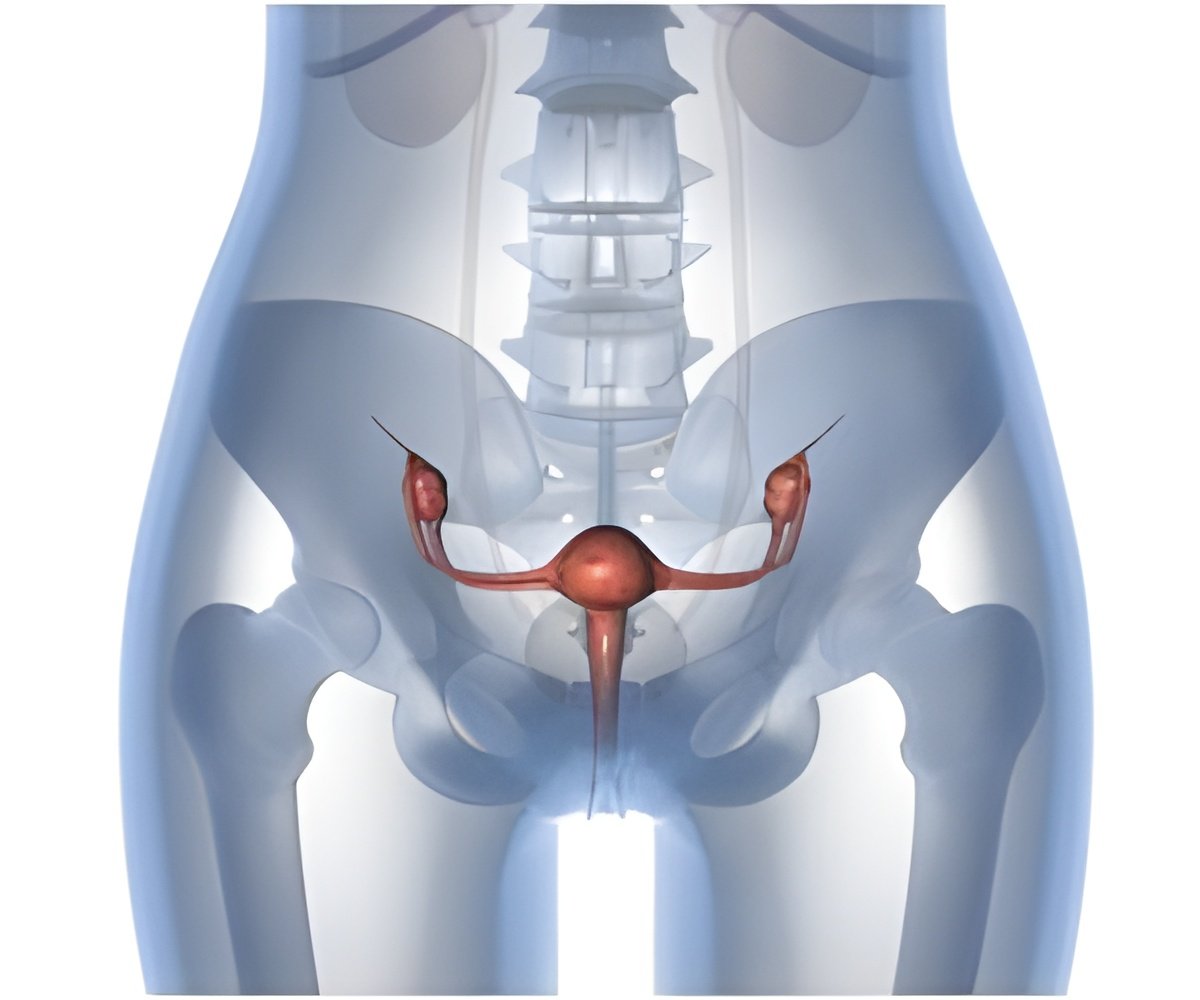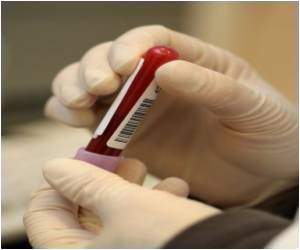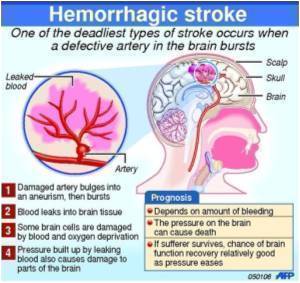
The blood clots become life-threatening pulmonary embolisms (PE) when they break free and travel to the lungs.
The study compared the drug Apixaban, given orally twice a day, to the current standard medicine Enoxaparin, given twice daily by injection under the skin.
The randomized, double-blind trial involved more than 5,000 patients and showed Apixaban reduced the risk of blood clots, without increasing bleeding side effects.
"Each year, about 750,000 Americans undergo hip or knee replacement surgery and that number is growing rapidly. This is a major stride forward as we work toward better prevention of life-threatening blood clots in these patients," said Gary Raskob, dean of University of Oklahoma College of Public Health.
He said that the development of new oral anticoagulant agents, like Apixaban, has raised hope of a standard of care for DVT prevention that is as effective as or more effective than current standard approaches as well as being equally safe and more convenient for patients.
Advertisement
"Despite the best current prevention efforts, blood clots still occur. So, it is important to continue to work toward better treatments as well as better ways to prevent blood clots," he said.
Advertisement
Rivaroxaban is given orally in a fixed dose without the need for laboratory blood testing to monitor the anti-clotting effect.
Current treatment methods, on the other hand, use two drugs, one given by injections under the skin once or twice a day for 5 to 10 days, followed by an oral medication that requires careful monitoring and dose adjustment based on results of regular blood tests.
Scientists at OU and their colleagues worldwide are working diligently to find better and more practical tools to prevent and treat blood clots in the legs and lungs.
The study is published in The New England Journal of Medicine.
Source-ANI















